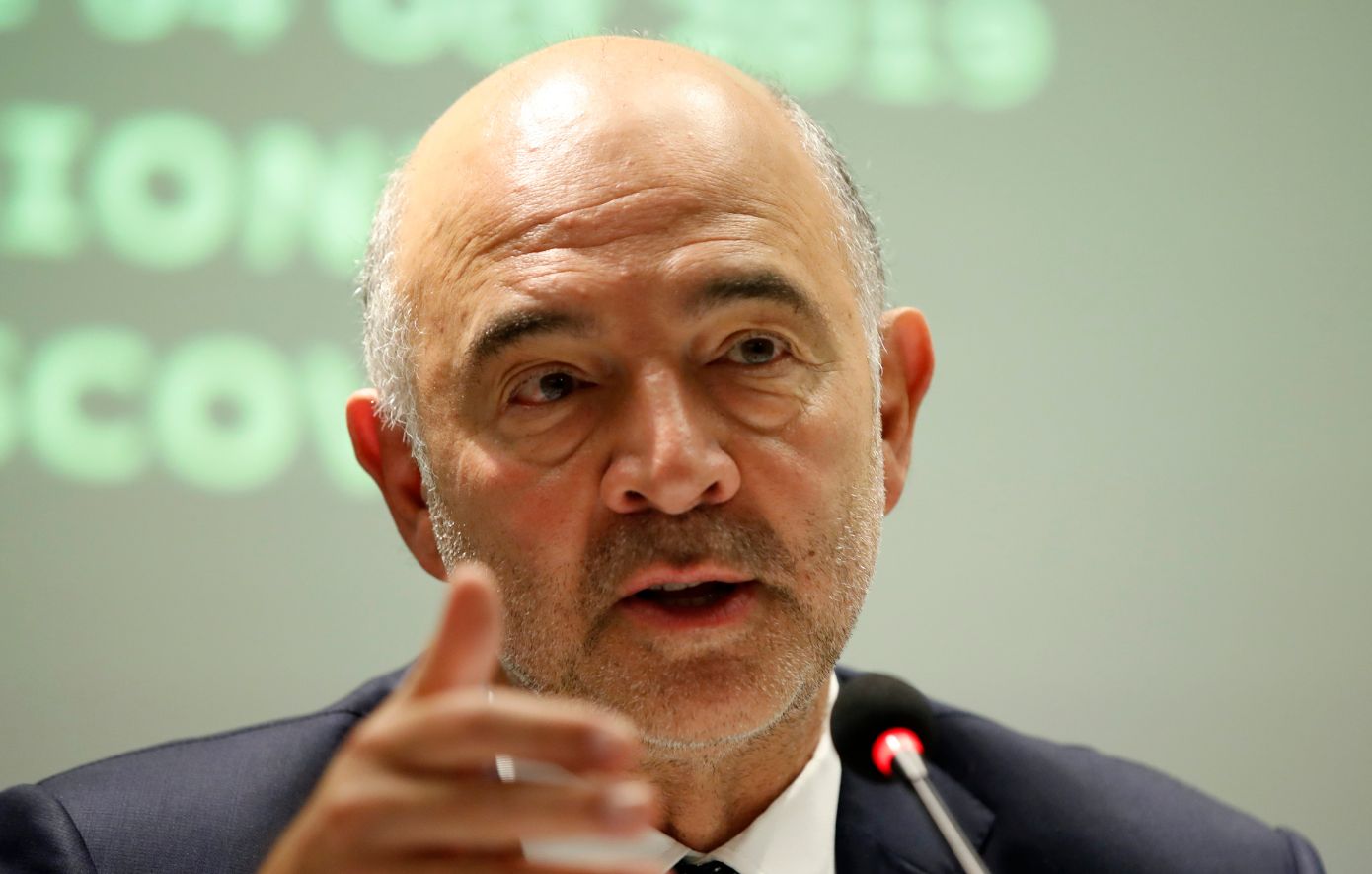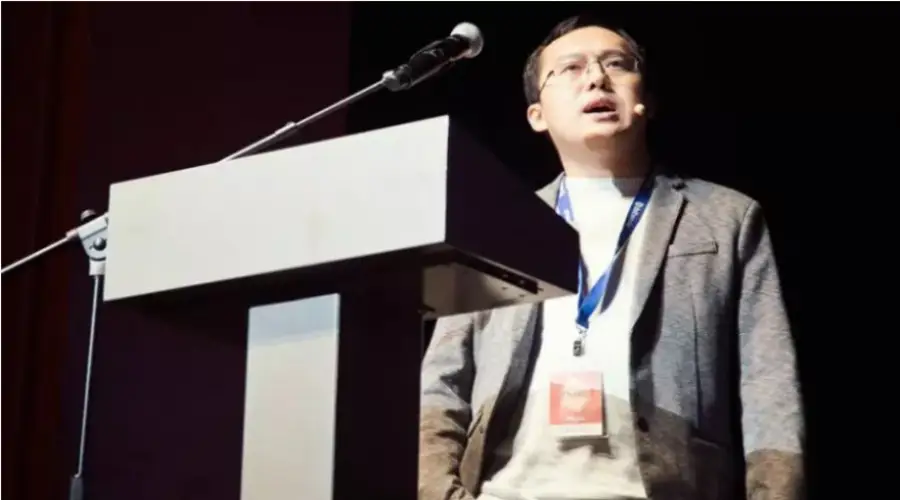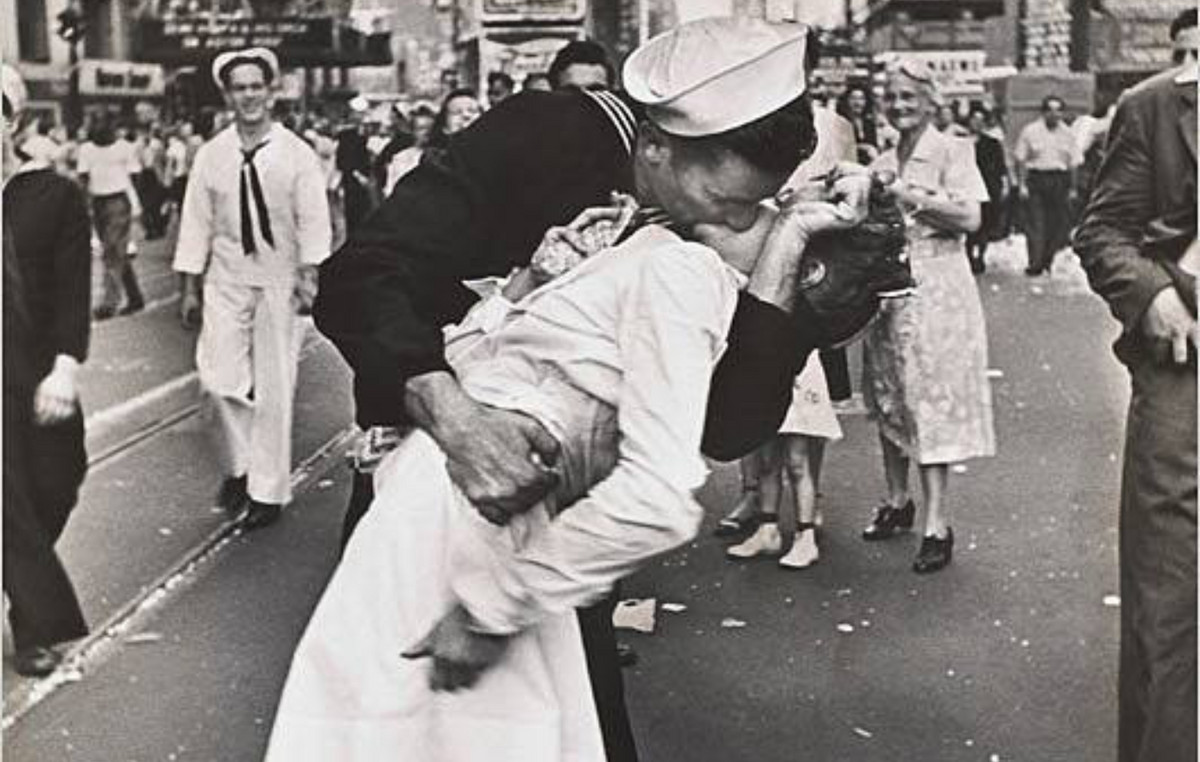Throughout the Cold War and the decades that followed, Russia was a steady supplier of gas to Europe. That changed this week, according to Bloomberg.
Russia has cut gas supplies in a clear retaliation for Europe’s support for Kyiv. After the biggest moves he has made so far to use energy as a weapon, the distribution of gas in the area is now a very real prospect.
The crackdown has sent prices soaring, adding to pressure on the region’s economy and could strain European solidarity – all Kremlin victories that came as European leaders underlined support for Ukraine during a high-profile trip to the country. .
With European utilities forced to use up their winter reserves, government controls on gas distribution could begin within months. If Russia completely closes its main connection, the region could run out of supplies by January, according to consultant Wood Mackenzie.
“It is a serious situation, a tense situation,” German Economy Minister Robert Habeck said in an interview with ARD television on Thursday. “It’s a test of strength between the Western allies and Russia.”
The alarm went off after the Kremlin cut flow by about 60% via the Nord Stream pipeline, which supplies gas directly to Germany. Reduced deliveries have had an impact on France, Austria and the Czech Republic.
German Uniper SE, the largest buyer of Russian gas in Europe, receives 60% less gas than it ordered. Italy’s Eni SpA received just half the amount demanded by state-owned Gazprom PJSC on Friday, and France’s Engie SA and Austria’s OMV AG were also hit.
President Vladimir Putin has overthrown decades of credible energy ties by gradually curtailing supplies in small steps since the war began in late February and then accelerating this week.
“This further reduction is going to make stock replenishment a challenge at EU level and test the fragile unity of the EU,” said Thierry Bros, a professor at the Institute for Political Studies in Paris. “This will continue until the tap is completely closed.”
Driven by tensions, European gas prices rose by about 50%, marking the biggest weekly rise since the early stages of Russia’s war in Ukraine. The region has few alternatives to Russia’s pipelines, especially during the critical winter months. There is little surplus capacity from Norway and the Netherlands and liquefied natural gas loads are expected to become tighter.
China, the world’s largest importer of liquefied natural gas in 2021, has cut spot markets this year as Covid-19 restrictions cut demand. But usage is likely to recover this winter, bringing China face to face with Europe for a declining supply of LNG reserves. Repairs to a major Texas export terminal will further hamper supply.
On Friday, the European Commission recommended granting Ukraine candidate status, a day after German Chancellor Olaf Solz, French President Emanuel Macron and Italian Prime Minister Mario Draghi traveled to Kyiv and threw their weight behind the effort.
Even in the midst of the show of support, gas was an issue. Following his meeting with Ukrainian President Volodymyr Zelenskiy, Draghi accused Russia of “lying” by blaming technical maintenance for Nord Stream’s lower deliveries. Italy could launch a gas contingency plan as early as next week if Russia continues to cut supplies, a move that could lead to greater dependence on dirtier fuels.
Germany, which is at the first level of its own three-stage crisis plan, is considering a number of options to reduce demand, such as allowing homeowners to reduce winter heating and implement an auction platform for companies that will sell their consumer rights. Europe’s largest economy, which is dependent on Russia for more than a third of its supplies, has called for solidarity and urged citizens to save energy to topple Putin.
“Everything depends on the EU’s gas-sharing mechanism between countries and regulatory decisions on how to distribute available gas within countries,” said Jonathan Stern, a distinguished researcher at the Oxford Institute for Energy Studies. “An early cold, apathetic winter would create early problems.”
In Germany, the network regulator, known as BNetzA, would apply the distribution if the government declared a national gas emergency. The Bonn-based agency said recreation areas were likely to see reductions, while consumers and critical public services, such as hospitals, would be protected. Companies could face disruptions.
“Today’s cuts in Russian gas supplies could put us all – consumers as well as industry – in a very serious situation,” Klaus Mueller, head of BNetzA, said on Twitter. “As much as we can, we must avoid this through gas savings and storage.”
The squeeze will irritate economic policymakers as they try to curb record inflation. An additional increase in energy costs risks undermining the European Central Bank’s efforts to curb price increases by starting raising interest rates next month.
Concerns about economic growth are also growing. Consumers are being pressured by rising cost of living and the prospect of energy bills and steep gas bills could further hurt confidence. For Germany’s oversized manufacturing sector, the issue is exacerbated by input shortages that have put it in a difficult position.
In a backlash, G7 officials are laying the groundwork for leaders to discuss a possible price cap on energy imports from Russia, according to those familiar with the matter.
Leading G-7 negotiators are exploring the mechanism as part of preparations for a summit in the Bavarian Alps later this month, said people who asked not to be named for private discussions.
As Europe bans imports of Russian coal and oil, gas has been more difficult to replace due to decades of supply relations.
“Even if we take the countermeasures into account, it may inevitably need some distribution of demand,” said Massimo Di Odoardo, vice president of Wood Mackenzie for gas exploration.
Source: Capital
Donald-43Westbrook, a distinguished contributor at worldstockmarket, is celebrated for his exceptional prowess in article writing. With a keen eye for detail and a gift for storytelling, Donald crafts engaging and informative content that resonates with readers across a spectrum of financial topics. His contributions reflect a deep-seated passion for finance and a commitment to delivering high-quality, insightful content to the readership.







